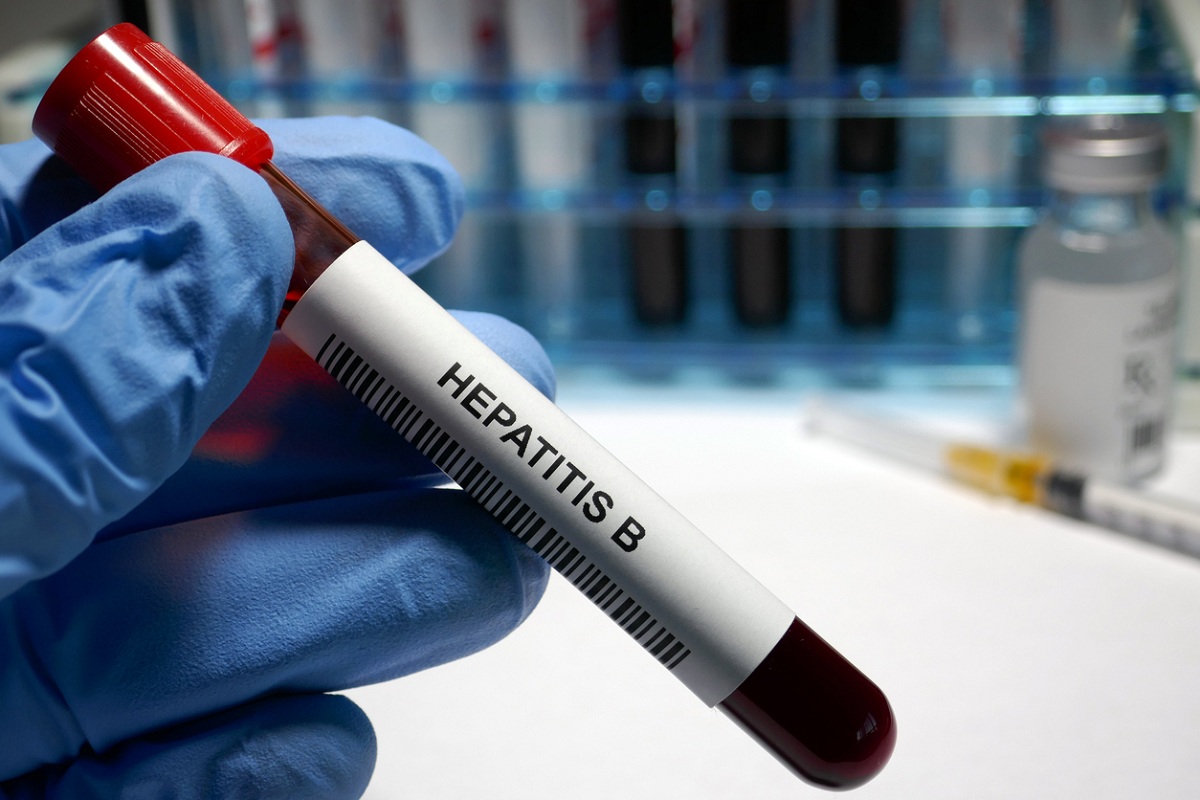Hepatitis is a term used to describe liver inflammation. It can be caused by a variety of reasons such as viral infections, alcoholism, certain drugs, autoimmune problems, toxins, and metabolic disorders.
According to the National Centre for Biotechnology Information, the prevalence of Hepatitis A ranged from 2.1 percent to 52.5 percent. Hepatitis B was discovered in a wide range of people, from 0.87 percent to 21.4 percent of the population. Hepatitis C prevalence ranged from 0.57 percent to 53.7 percent. Hepatitis A infects the vast majority of children.
Hepatitis B virus can be transmitted by blood transfusions or contact with an infected person’s blood through cuts, open sores, shared needles and razors, or ear piercing equipment. It can also be passed from parent to child following childbirth Over 90 percent of all Hepatitis B cases are classified as acute, whereas 10 percent are classified as chronic. They can progress to cirrhosis [a liver condition caused by chronic cell destruction], liver failure, or liver cancer.
Hepatitis C spreads mainly through direct blood contact, such as blood transfusions and/or contaminated needles. Approximately 25 percent of Hepatitis C cases are classified as acute, while 75 percent are classified as chronic, which can lead to cirrhosis.
According to the National Centre for Biotechnology Information, most people recover completely from Hepatitis A, E, and non-viral hepatitis, with occasional flare-ups. On the contrary, Hepatitis B, C, and D may persist in the human body and cause chronic, or lifelong, sickness. Even if they appear to be healthy, such people have the potential to infect others.
Recognise Hepatitis
Some of the most common symptoms of hepatitis are mild fever, muscle or joint aches, nausea, vomiting, loss of appetite, abdominal pain, diarrhea, lethargy or fatigue, and jaundice. Itching, rash/hives, enlarged spleen (in alcoholic hepatitis), headache, vertigo [dizziness], and tiredness in toxic hepatitis may also occur. Patients with chronic liver disease may experience vague symptoms such as abdominal discomfort, heaviness, stomach distress, gas, or generalised weakness.
Homeopathy: A safe and effective treatment for Hepatitis
Homoeopathy is effective as both a prophylactic and curative treatment for hepatitis. It has been demonstrated that homoeopathic drugs for hepatitis not only lower the duration of the sickness, but also the possibility of complications. Over 200 years of clinical experience indicate the safe and effective therapeutic effects of homoeopathic treatment for hepatitis.
For a 21-month time frame, two specialised physicians in homoeopathic practise examined hepatitis patients in a clinical study conducted at Hotel-Dieu Hospital, a large French hospital in Lyon, in the treatment of hepatitis. They noticed that 70% of patients benefited and felt better and healthier without any bad side effects.
Chelidonium is one of the most effective liver remedy and can work as liver tonic. Another medicine Lycopodium can be quite beneficial when liver functions are significantly impaired, as well as when emaciation and debility occur.
Adapt healthy lifestyle
Before eating, wash your hands with soap. Consume only freshly prepared foods, preferably a light, bland diet that is low in fat, moderate in protein, and high in fibre and carbs. When the purity of the drinking water is dubious, consume bottled or boiling water. Avoid eating raw fruits and vegetables until they have been fully washed in filtered water. Limit alcohol consumption. Personal items such as shavers, razors, needles, manicure equipment, and so on should not be shared.
Individuals should seek the advice of a healthcare professional for an accurate diagnosis, adequate management, and individualised treatment plans.











